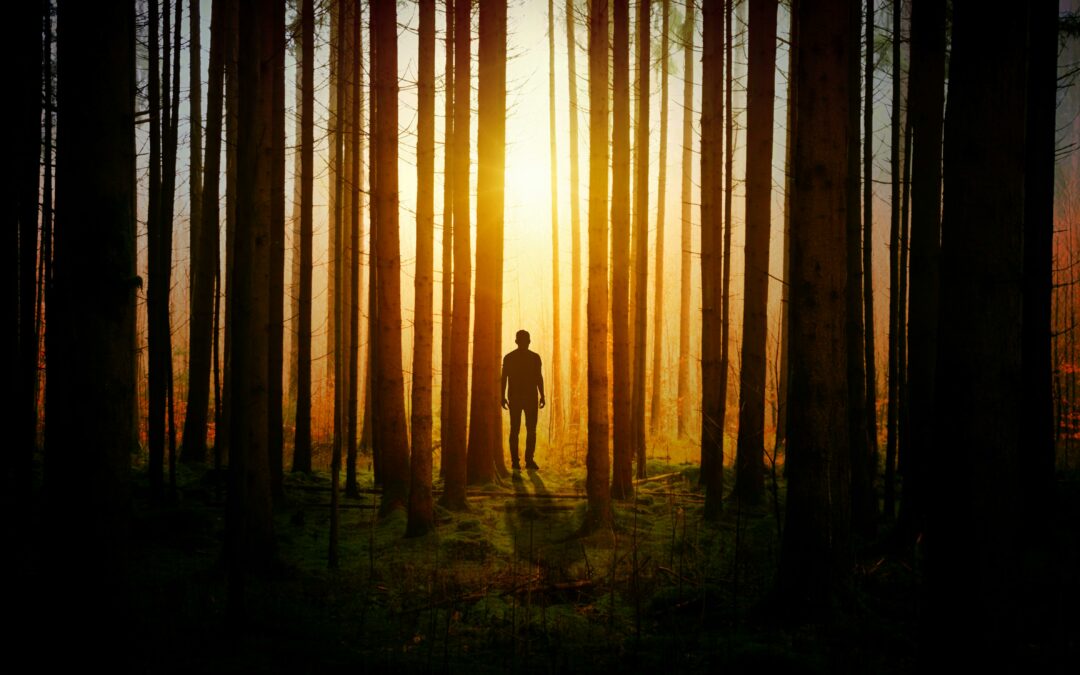“Know yourself and you will know the universe and the gods”
All religions and various philosophical teachings emphasize the importance of self-knowledge. This approach was proclaimed by Socrates then taken up by new authors and spiritual movements, notably Bernard of Clairvaux in the 12th century. Human beings can learn about themselves through their environment.
Learning about yourself alone by analyzing yourself is a dead end, because it would be like watching yourself pass in the street through a window: an impossibility. And intellectual analysis is limited on a psychological level. This is about knowing yourself on a spiritual level. Beyond the analysis of the mind and human will, there arises a form of knowledge that is superior because it is ultimate, and potentially liberating for the soul.
Revelations about oneself come from mirrors. There are two types of mirrors through which to discover ourselves: human relationships and nature.
– human relationships: we are rich in our relationships. Our human counterparts are external to us, beyond our direct control. But they offer an incomparable reflection of our depths and our memories. All we need to do is transform ourselves internally and our relationships can change immediately.
– nature and our relationships with the wild: plants, animals and rocks can offer lessons. The right gaze can grasp the meanings of the movements and shapes of the clouds. Living beings, plants and clouds come and go, they invite themselves in and hide from view. Their movements and their characteristics provide many inspirations.
Human beings can perceive their interiority resonating in their links with the living, the never stable. The pulsations, behaviors and unpredictabilities of living things, of human beings and of nature, allow us to become aware of our own impermanence and of ourselves. Knowing how to decipher the living as a reflection of its depths, as individual and intimate signs and teachings, is a gift of great value in the path of self-knowledge.

